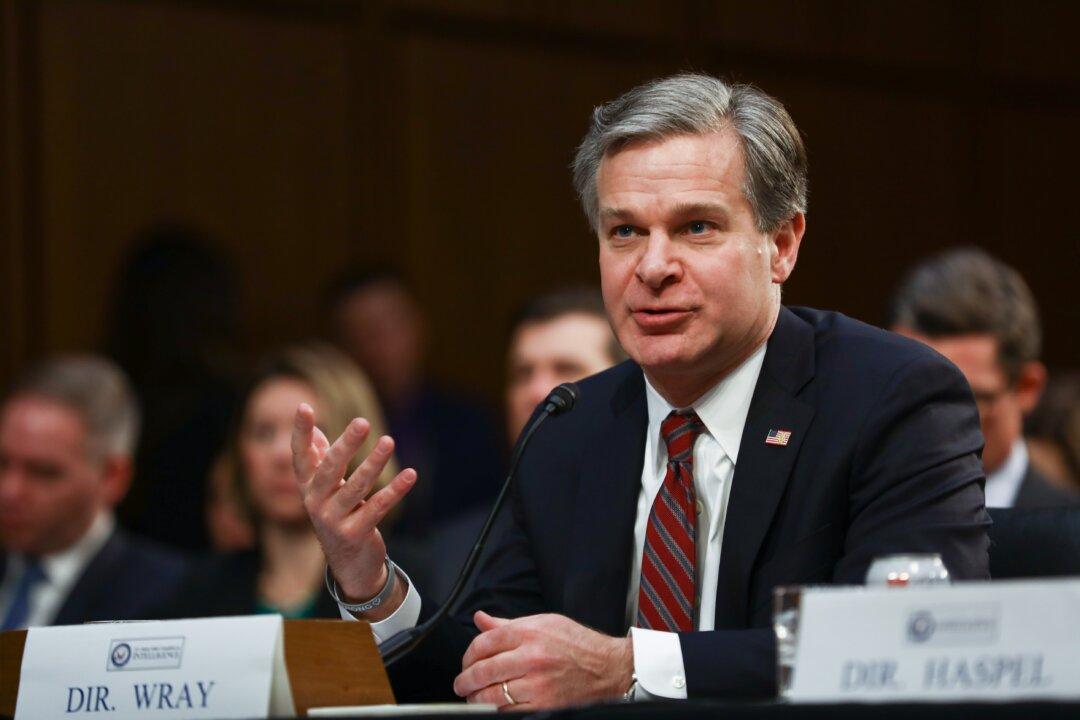FBI Director Christopher Wray said his agency had responded extensively to the criticisms found in the report of special counsel John Durham. Released last month, it led some outraged Republicans to call for the shutdown of the storied federal investigation agency.
Durham’s report, after years of investigation, called the FBI’s investigation of former President Donald Trump’s 2016 campaign “seriously deficient.”





